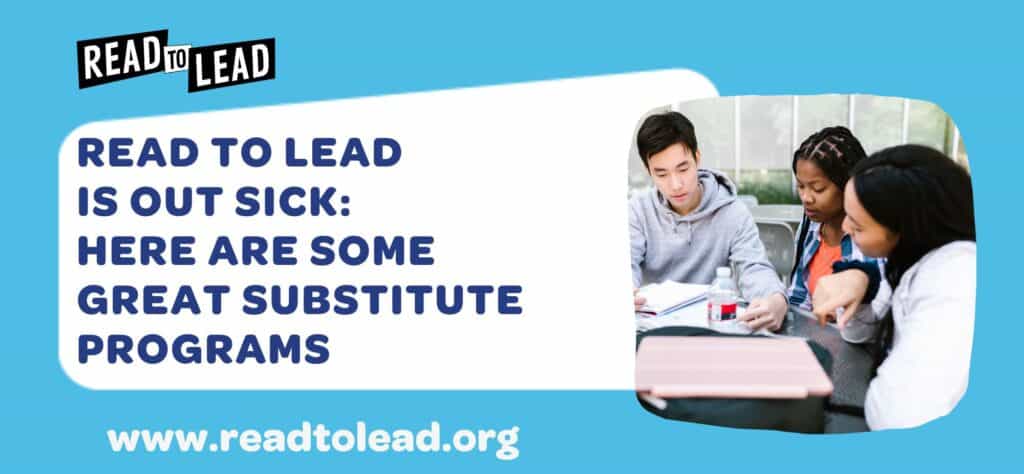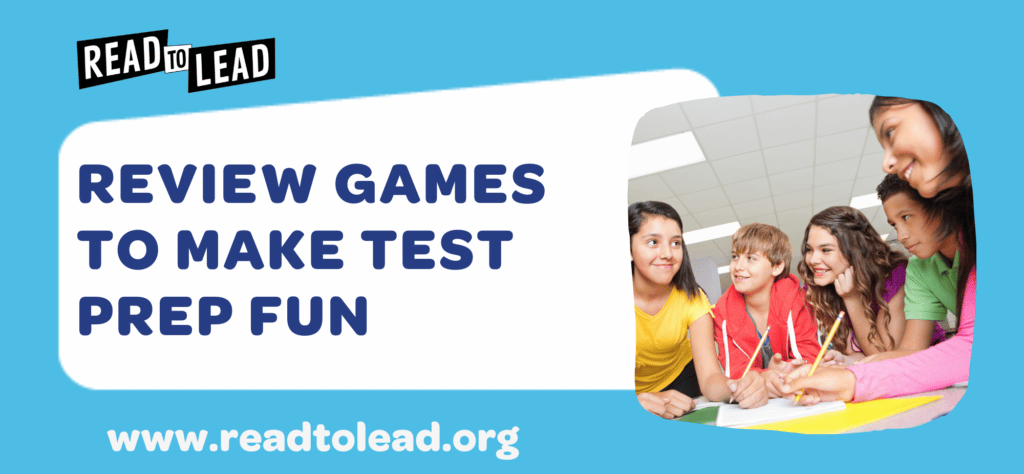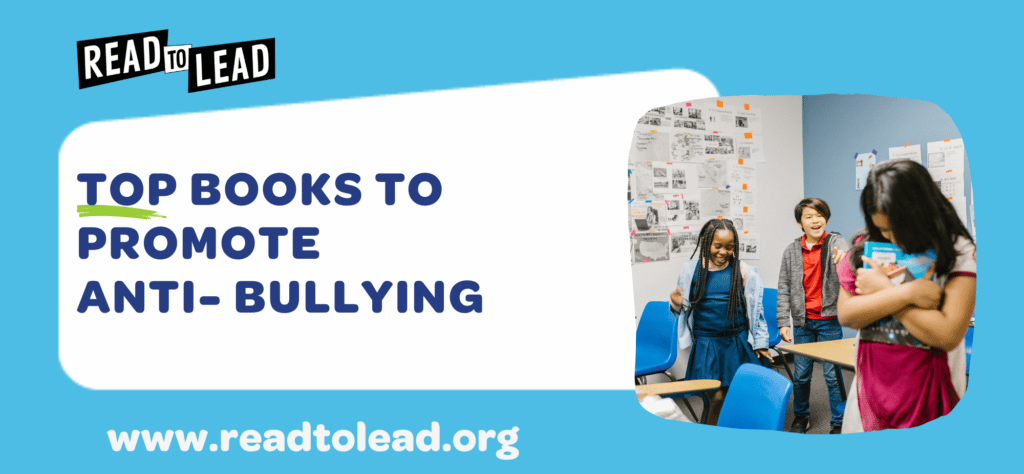
The Power of Culturally-Responsive, High-Quality Education
“A good education empowers students to understand more about the world, including politics, socio-economic issues, art, culture, and themselves. Through education, students can learn how to be positive contributors to their own culture and society.” – Antionette Means
Antionette Means is a School Support Teacher at Westside Academy, a community school in central Milwaukee, Wisconsin. Westside has “high expectations focusing on core academics and the social-emotional development of students to prepare them to be college and career ready.” This mission extends into Westside’s afterschool program, where they officially launched an academic component three years ago.
Ms. Means was brought in as the Academic Coordinator to help identify and implement academics into the program. This opportunity was a perfect fit for Ms. Means, who believes that “education allows students to recognize their strengths and how to build on them, ensuring they are both intellectually and emotionally intelligent and prepared for life after school.”
By incorporating academic components like Read to Lead into Westside’s afterschool program, Ms. Means could help her students continue to build literacy and leadership skills outside of the school day.
To Ms. Means, education is critical because it increases the opportunities for students beyond school. Read to Lead helped her students understand what it means to be the boss, preparing them for their future careers.
“Some kids aren’t used to making tough decisions, and we have to give them the tools to investigate, get the facts, and be a leader. Read to Lead made them more aware that they have the ability to choose how they respond to different situations. They get to be the boss.”
Preparing students for their futures is only one part of Ms. Means’ approach to education. She recognizes the importance of students being able to see themselves reflected in the content they engage with both during the school day and afterschool.
“When Black students see themselves and relate to the content, it helps them understand their importance in our society and in the world. If the Black experience is never mentioned in their education, how can students feel self-pride, hope, strength, and positive self-esteem?”
It’s critical that academic resources are authentic in how they include diverse perspectives. “It’s not enough to just change all the faces brown and give characters different names to be culturally relevant. Quality resources must also include the Black experience, both good and bad. This will not only help students but also educators, many who do not know how to incorporate culturally responsive teaching.”
As an educator, Ms. Means actively looks for ways to incorporate Black voices into the curriculum. She identifies opportunities to relate topics to Black History, culture, and Black experiences. Ms. Means knows that “students tend to be more interested in a topic when they can relate it to their lives.”
Instead of just teaching about the Bill of Rights, for example, Ms. Means extended the lesson to include the historical context for Black Americans. “I had to add to that lesson the mistreatment of Black people and explain how the Bill of Rights did not apply to us. I extended the lesson so we could explore the 13 Amendment and the Civil Rights Act.”
This approach can be tough for educators who aren’t used to incorporating culturally responsive teaching, but the positive impact on students makes it critical. Topics like Anti-Racism need lots of time and a safe environment to explore. Ms. Means intentionally creates space for her students to share their life experiences.
“Initially, students would express anger, sadness, and fear when discussing these issues. Over the course of the lessons, I think my students felt pride, empowerment, and wanted to be agents of change.
This is a new topic that is long overdue for our Nation and should be mandatory in every school. Hopefully discussing this in different platforms will make our students leaders in the movement and valued stakeholders in this nation.”
At Read to Lead, we are intentional about creating authentic learning experiences that reflect the vibrant diversity of our communities. We appreciate Ms. Means taking the time to speak with us about this topic. We agree with Ms. Means that a good education can change lives and that academic resources must be reflective of the students they serve.
We also recognize that there’s still plenty of work to do. If you have suggestions for how we can improve our games and resources to better acknowledge and celebrate the Black experience, please let us know.
About Read to Lead
Read to Lead uses the power of game-based learning to empower middle school students to build literacy, life, and career skills. Teachers can sign up for a free account to get started!


